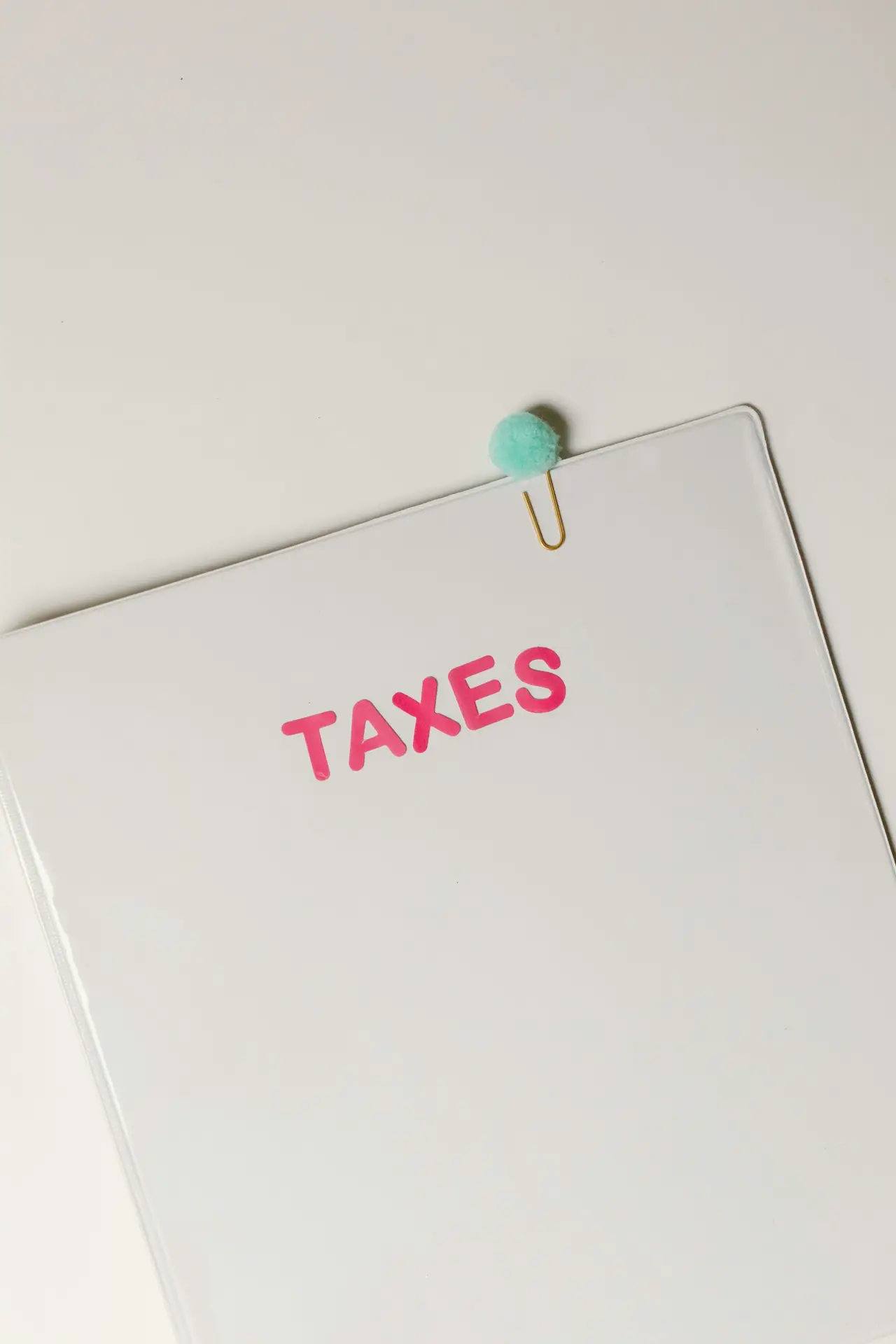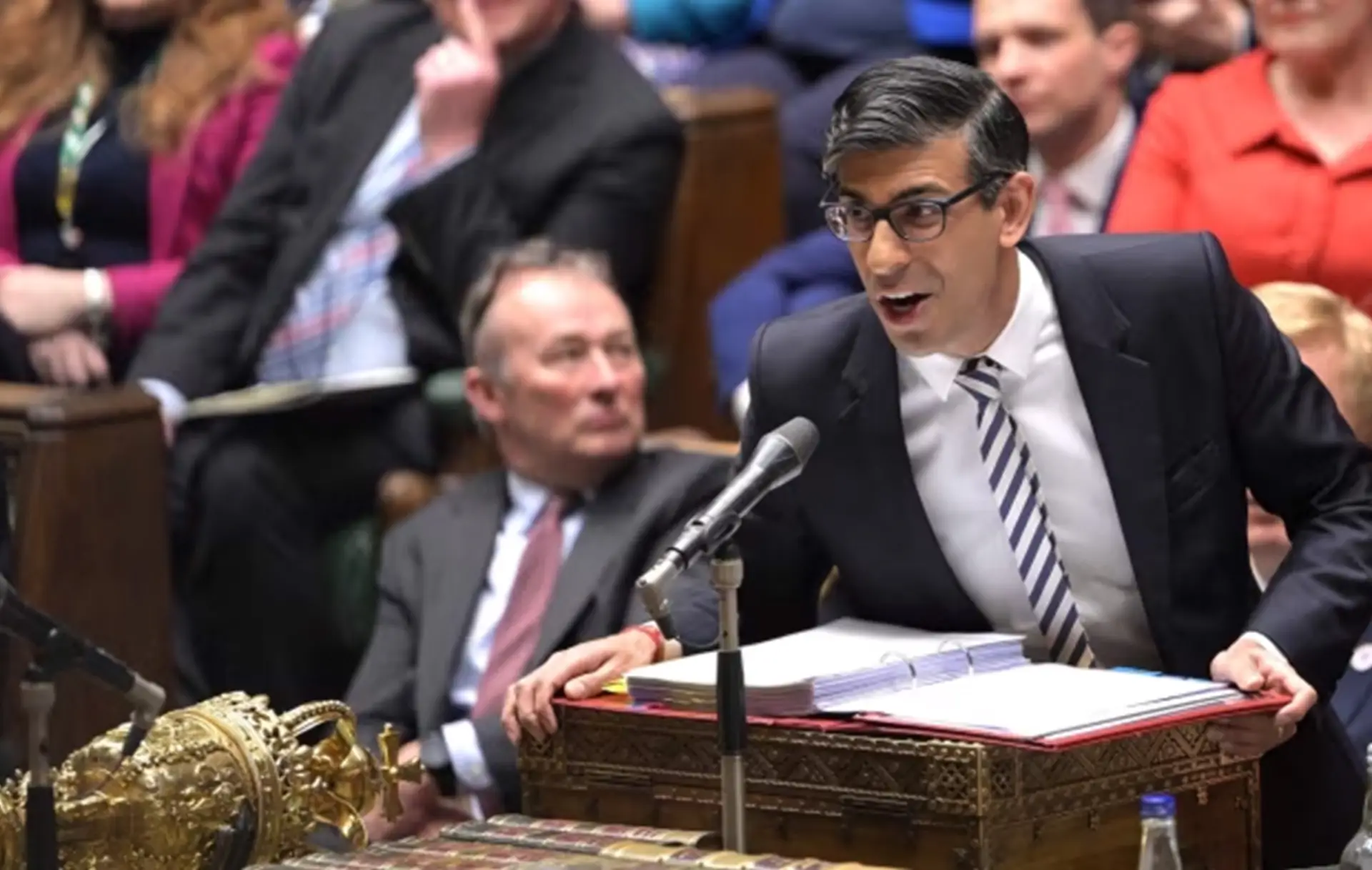Insights from Kilsby Williams’ Tax Director Rob Meredith
Mr Sunak then followed up with a hint that there will be two fiscal events between mid-January and the election, suggesting that there will be pre-election giveaways in both the 6 March budget and later in the year.
As a result of last year’s Autumn Statement, workers will already be feeling a bit more cash in their pay packets. The 2% cut in Class 1 employees’ NICs from 6 January will be welcome for many recovering from an excessive festive period. Self-employed workers will follow suit from 6 April when Class 2 NICs are abolished and Class 4 NICs drop to 8%. There is much speculation now though that bigger things are to come as the prime minister and chancellor try to turn the polls in their favour.
The latest rumours indicate that the abolition of inheritance tax plans initially considered to be in favour (mentioned in my previous post) have fallen away. Although large swathes of the middle classes appear to be concerned about the tax, the fact is that it is only paid by a few (it is only levied on 3.7% of deaths). With the opposition ready to take aim at a ‘tax cut for the wealthy’, it seems the prime minister’s attention is moving elsewhere as a result.
The most expensive rumoured giveaway of a 2% cut in income tax appears to be moving up the list. With inflation now at more manageable levels, the chancellor is expected to have an additional £20bn to play with in the short-term, and it is understood that there is a chance £13.7bn of this could be used to fund this income tax cut for everyone.
More cuts to NICs are apparently also being considered, which would be somewhat cheaper than an income tax cut. The polls have seen little change since the last cuts were announced in the Autumn Statement however, and the countdown to the election may therefore require something a bit more substantial (and more easily understood by the electorate).
The chancellor is also rumoured to be considering increasing the child benefit threshold which has come under much criticism recently. Child benefit is worth around £2,000 a year to a family with two children, and it starts being withdrawn when an earner in a household earns over £50,000. It tapers out and is lost entirely when an earner in a household earns over £60,000.
The arbitrary nature of the threshold means that a household with one person earning £60,000 does not receive child benefit, but a household with two people working who each earn £50,000 get the full amount. Parents also suffer a marginal tax rate of 64% for every extra pound they earn between £50,000 and £60,000 if they have two children, and 73% if they have three children.
As a result of the threshold being held for a number of years now, fiscal drag has brought nearly 1 in 3 families above the threshold. Many have been unaware of the additional tax liabilities they face as a result of breaching the threshold. HMRC have also been active in chasing down individuals to recover outstanding amounts, in many cases where taxpayers have been completely unaware that they were now within the charge as a result of a recent pay rise.
The pressure to look at this position is increasing significantly from politicians and thinktanks and there does appear to be a good chance that changes will be made in this area. Scrapping the threshold entirely would cost an estimated £4bn which might be a step too far. There does though seem to be a reasonable chance that an increase in the threshold to some extent is on its way.
Similar pressure is being applied to the effective rate impact of tapering of the personal allowance. Fiscal drag has also brought this into play for large numbers in the middle classes. Earnings between £100,000 and £125,140 are taxed at an effective rate of 60% because for every £2 earned over £100,000, £1 of the £12,570 tax-free personal allowance is lost. There is an argument therefore that the economic growth that is so important to the economy is being stunted as people look to avoid tipping across the £100,000 threshold. We wonder whether the chancellor is brave enough to look at this and give higher earners some additional flexibility given the expected comeback from the opposition on this.
What exactly happens to the UK’s tax system over the course of this election year is anybody’s guess. There continue to be wider rumours about changes to stamp duty (a change that could persuade the incoming first minister of Wales to make changes to land transaction tax), and a new levy on foreign owners of UK property designed to raise £1bn per year. The ongoing state of the wider UK and global economy will determine exactly what we get and we will follow events (particularly fiscal ones) closely. In the meantime, we look forward to the continuing excitement!




